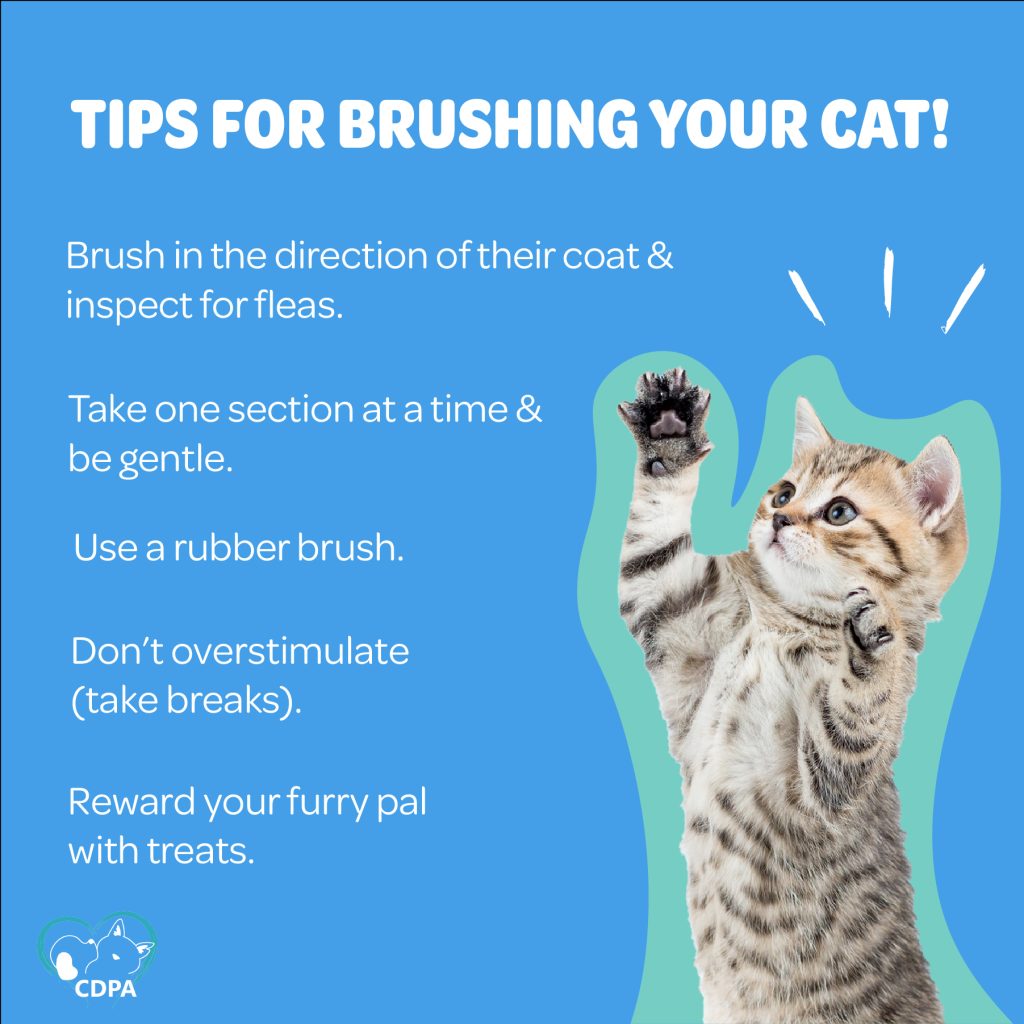Cat/Kitten Care
Cats are wonderful pets. They are intelligent, clean, quiet, affectionate, undemanding and playful companion animals and are equally at home in a young, busy household or with the older less active or housebound owner.
Before going to collect the cat or kitten, decide where you want her to sleep. Choose a quiet room and make sure windows are securely fastened. If there is a fireplace, block the chimney. Prepare a box or basket with a warm blanket and provide a litter tray.
If you are collecting the cat yourself, buy or borrow a secure cat-carrying basket to transport your cat home. It is unsafe to travel with a cat loose in a car.
When you arrive home with the cat, (1) take her to the prepared room, (2) close the door behind you, and (3) open the basket. Even a friendly, out-going cat is upset by car journeys and will need some time to calm down and adjust to her new surroundings.
A timid cat will probably disappear under a chair, and will ignore the prepared bed until she feels more secure. Give the cat a bowl of water and a little food and then leave her alone in peace to examine her new surroundings. (N.B. find out from the previous owner what the cat/kitten is usually fed. Sudden changes in diet can lead to tummy upsets and so any change in food type should be done gradually.)
Even if the cat is self-assured and friendly it is advisable to give her time to become familiar with a small area of your house at first. This is recommended, as you want her to be quite sure about the location of her litter tray. Don’t be tempted to give her the run of the house until she is well settled. Each cat is different, and the time this takes varies with each individual cat.





If you have other animals, you must accept that they will need time to adjust to the newcomer. As territorial animals, cats normally regard any new cat as an interloper and they are unlikely to take to her overnight. Even a friendly, out-going pet will resent the new cat initially and will hiss and spit. It will take much more than 24 hours for the animals to accept each other. It may take days or weeks.
When you first bring the cat home, keep other pets away from the room you are settling her in. Once she seems happy it is a good idea to make each animal aware that there is another in the household without allowing direct contact yet.
Watch the initial encounter carefully. If there is trouble, separate them again. Eventually social adjustments will be made between the cats, and the new arrival will be accepted.
Cats love dark places, so never leave the door of a washing machine or other appliance open. Cats have also got their heads stuck in open tins, so flatten empty food tins before disposal.



It is absolutely essential that the new cat is kept indoors for at least four to six months before she is allowed out at all. Kittens should not be allowed outdoors until fully neutered. Do not let her out into the garden until you are quite sure that she is happy and secure in her new home and will respond to your voice or some other signal.
For her first venture outdoors let her out just before mealtime and keep her under supervision. Make sure that other pets or children are not able to chase her. Stay outside with her and keep an eye on her. If she leaves the garden, continue to talk to her so that she knows where her home is. Call her back after a few minutes and bring her in for a meal. Continue with this practice for a number of days.
Owners
Have your kitten vaccinated at 9 weeks, followed by a booster at 12 weeks and annual vaccinations throughout its life. Your male or female kitten should be neutered at around 26 weeks. Worm your cat regularly throughout its life. It is safer to keep your cat indoors at night since it is in danger from traffic and hungry foxes.



FIV Facts
Did you know that cats diagnosed with FIV can live long and happy lives too?



